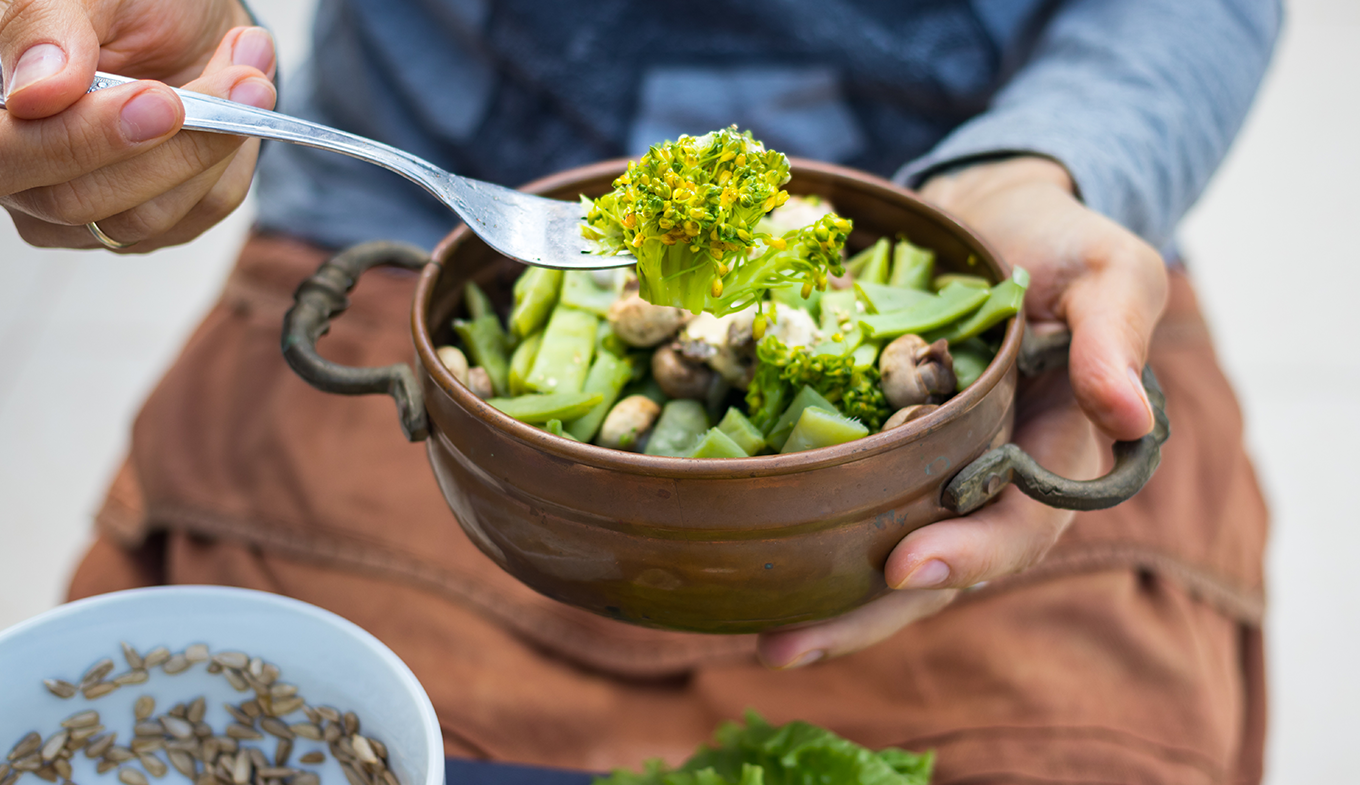
Deliciously sustainable Dutch food
Hearty stews, warm bowls of traditional pea soup, savoury cheeses and huge pancakes: Dutch cuisine is versatile, tasty and satisfying. The Netherlands is also working hard to make food more sustainable, using everything from high-tech innovations to clever culinary tricks to reduce the ecological footprint of Dutch food. It’s a delicious way to make a positive contribution to the world.
- Innovative vertical farms and cultured meat laboratories herald the future of food.
- From fine dining to a quick snack: these plant-based options will make your mouth water.
- A sustainable drink on tap: our water quality is hard to beat.
Sustainable basis for traditional cuisine
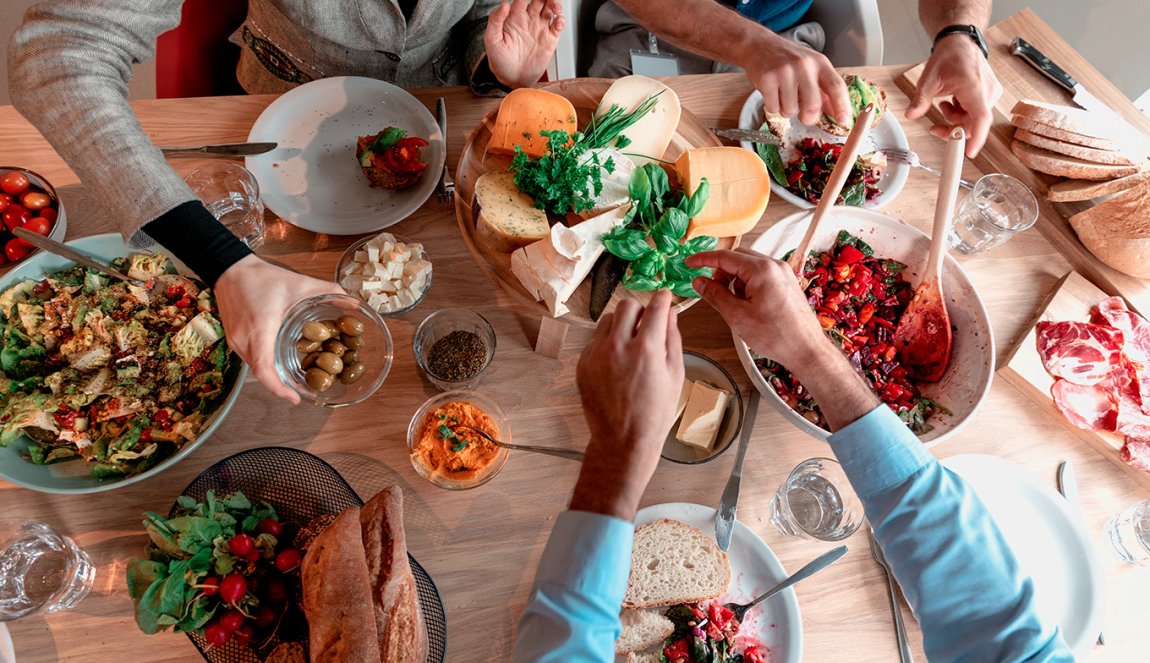
Of all the ways to boost the sustainability of the food on your plate, eating locally sourced, seasonal ingredients is among the tastiest. Locally sourced food only has to travel a short distance from farm to plate. It also uses less energy because it is grown and harvested in the correct season.
Whatever the season, you eat the best food the Netherlands has to offer: Limburg asparagus in spring, North Holland kale still crisp with winter's frost, and sweet tomatoes and fresh cucumbers grown during the heat of summer. These traditional ingredients form the basis of good old-fashioned Dutch cuisine.
But new techniques offer new opportunities. More and more of the herbs and green vegetables used in good restaurants come from vertical farms in Amsterdam and Den Bosch, which produce bigger harvests using fewer resources. Meanwhile, fast-growing startups like the Leiden-based Meatable and Maastricht's Mosa Meat are well on their way to getting cultured meat on supermarket shelves as a sustainable alternative to “regular” meat.
Green haute cuisine or DIY cooking
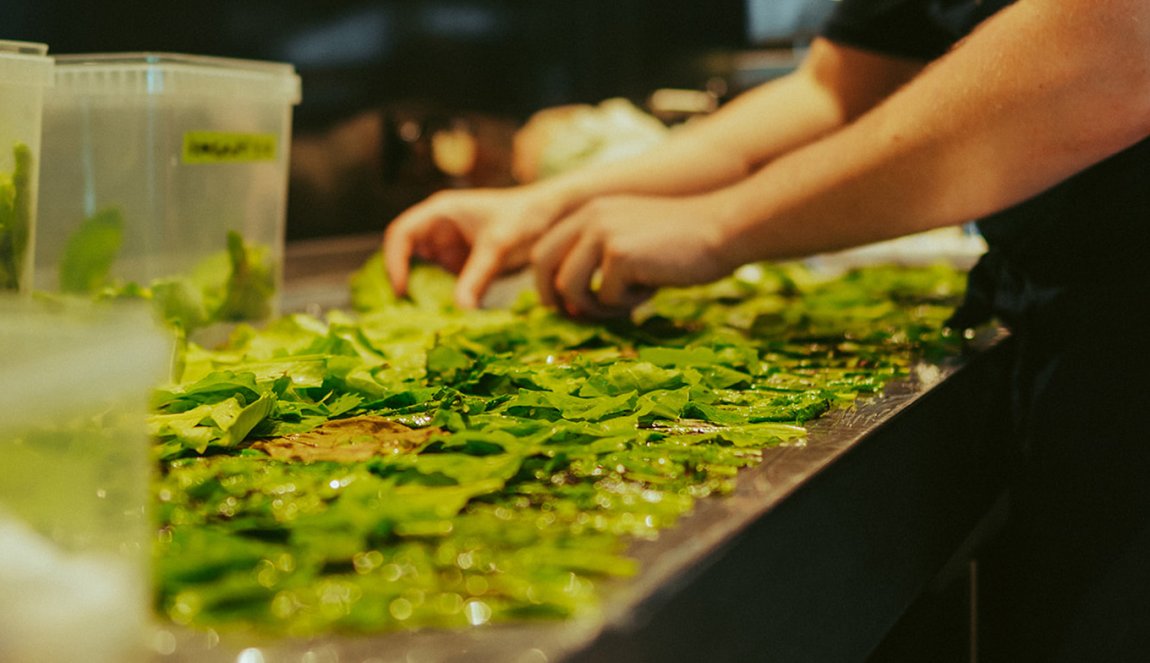
Many restaurants are also doing everything they can to show their serious commitment to sustainability. The best Dutch chefs have embraced a zero-waste concept, ensuring that as little food as possible is thrown away. They also take advantage of the incredibly rich bounty offered by the Dutch soil.
To guarantee both high-quality and environmentally friendly dining, look out for the green Michelin star. This prestigious honour is awarded to restaurants throughout the Netherlands that not only serve fantastic food but also use local, zero-waste, circular or self-sustaining methods. It’s a chance to enjoy top-class cuisine with the satisfaction of knowing you’re playing a part in promoting sustainability.
Of course, getting pampered by a celebrity chef is not something you do every day. Sometimes, you want to get down and dirty with the ingredients yourself. Here, too, local and seasonal is the most sustainable choice. In the supermarket, it is often difficult to tell what you are buying, but when you buy directly from the farmer, you know exactly what you're getting. Lekkerder shows you which farm shops are in your area, or you can even have super-fresh farm produce delivered right to your home. Why not go all in on the cooking version of DIY fun and find a pick-your-own farm to get your fruit and veggies straight from the source!
To truly immerse yourself in Dutch food culture, hop on a bike! Culinary cycling packages are available throughout the country. Book a tour and enjoy the landscape in which the ingredients are grown and stop at local eateries, cafes, pick-your-own farms, farm shops and other places offering local delicacies. Looking for inspiration? Check out these tours in the Veluwe nature reserve, the Utrechtse Heuvelrug region or the province of Twente.
Veggie and vegan: more than plant-based
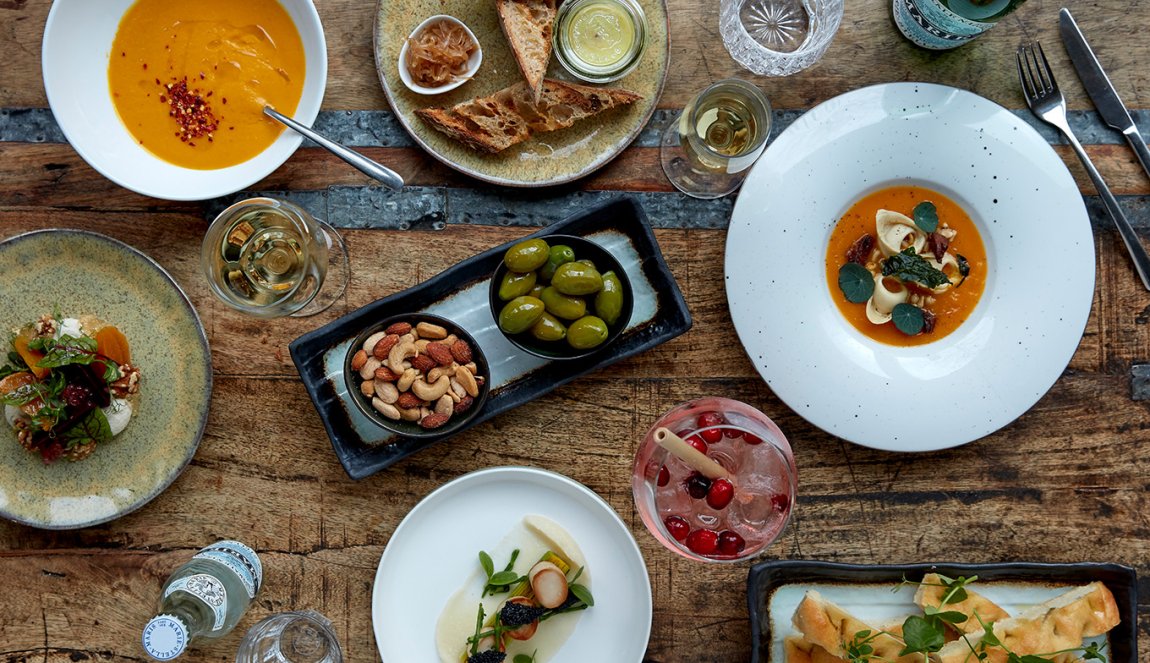
Plant-based food is both tasty and sustainable. Although Dutch cuisine relies heavily on meat dishes, meat and dairy place a far greater burden on nature than vegetables. Fortunately, the Netherlands boasts a wealth of restaurants with largely or entirely plant-based menus. More and more creative vegetarian and vegan restaurants are proving that no meat doesn’t have to mean no meal.
Amsterdam is one of the most vegetarian- and vegan-friendly cities in the world. A quarter of the city's residents say they do not eat meat or even avoid animal products altogether. So it should come as no surprise that Amsterdam also boasts a wide range of excellent vegetarian and vegan restaurants, offering veggie-based snacks and casual dishes, multi-course fine dining and everything in between.
This is not to say that you can't get a delicious vegan meal anywhere else in the Netherlands. In Arnhem and Eindhoven, for example, you will find internationally renowned fine-dining restaurants. The same goes for Utrecht, where you can also go on a vegan cycling tour. Check Happycow to see exactly where else you can find great vegetarian and vegan restaurants around the country.
Would you like a drink with that?
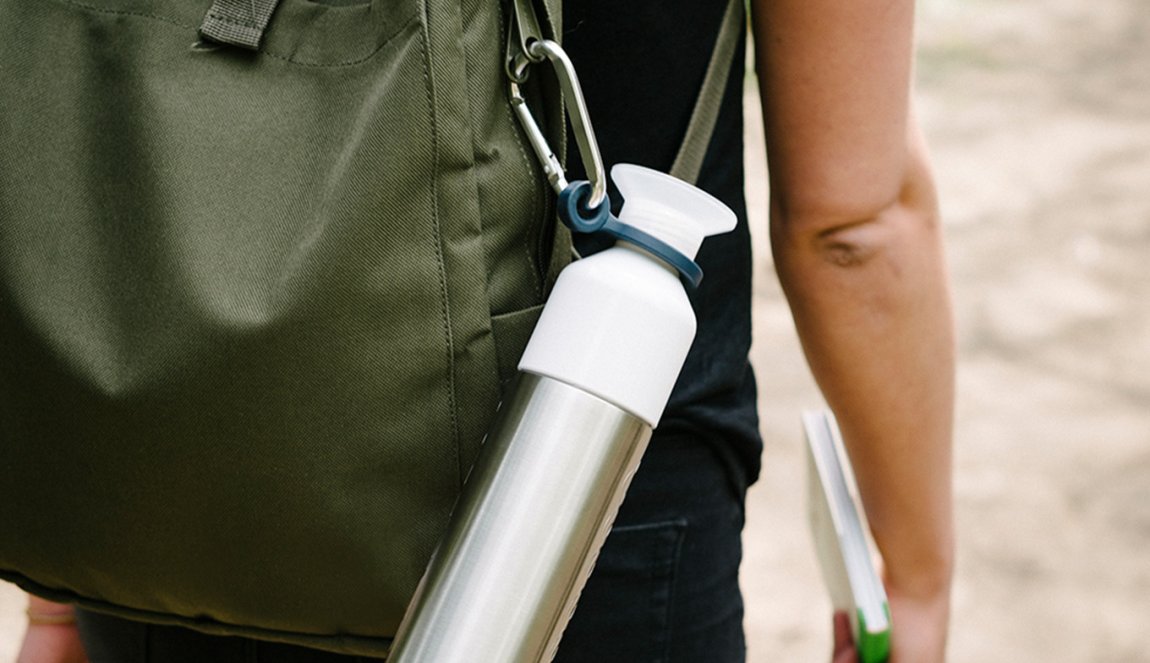
Interested in trying a typical Dutch drink? Something locally produced and of a quality unmatched elsewhere in the world? Just order a glass of tap water! Thanks to a combination of excellent spring water and an advanced purification and transportation system, there are few places in the world where you can get a glass of such high-quality tap water. It’s also the most sustainable beverage and costs next to nothing!
Our world-class tap water is extracted from many different sources. In some cases, it is the same groundwater sold as spring water in shops. But fresh drinking water is also drawn from the Dutch rivers and Lake Ijsselmeer. In coastal areas, tap water is naturally pre-filtered by the sandy dunes.
To ensure that your thirst is quenched as sustainably as possible, you should avoid buying disposable plastic bottles. That’s why almost every Dutch person has a Dopper-brand water bottle or some other similar water carrier that can be tucked into any bag or backpack. So take part in this healthy habit when you're here and refill your bottle from any tap or one of the many public water points.
Sustainable juice and soda
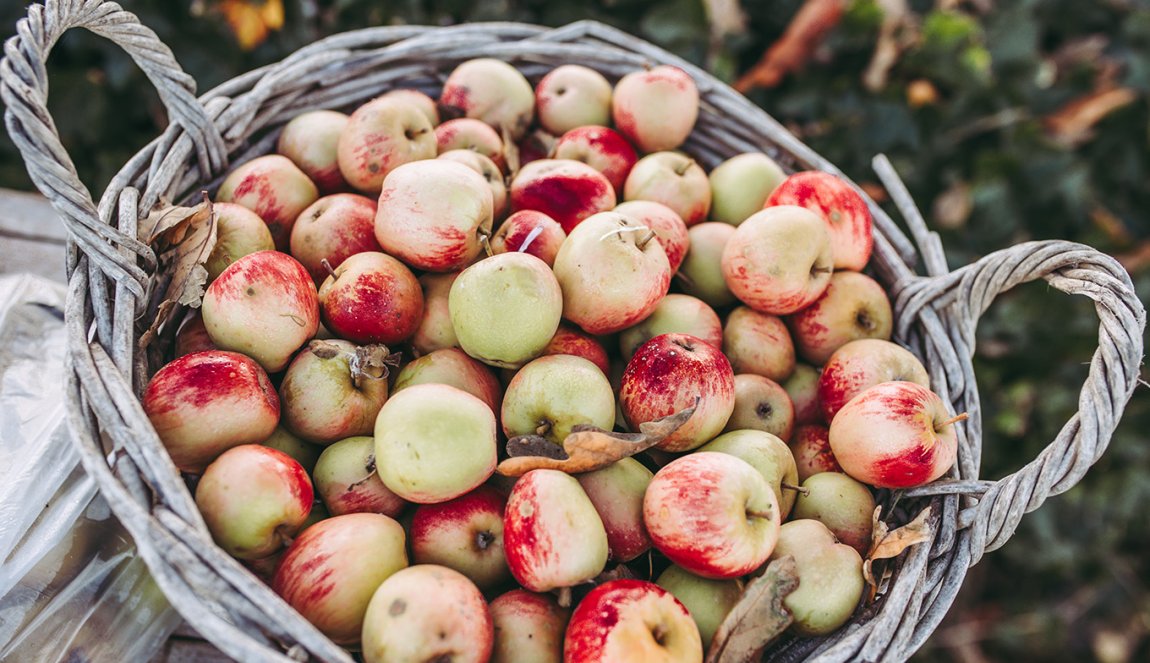
As pure and delicious as Dutch tap water may be, sometimes you just crave something a bit different. The Netherlands has the perfect climate for orchards, so almost every region has tasty fresh juices and local sodas to offer. But some manufacturers are taking sustainable production a step further.
The Utrecht-based company Thijs, for example, makes fruit juice from fruit that would otherwise be thrown away, and Zaandam's Wastea has fully embraced the zero-waste concept by even printing their bottles’ labels on processed grape skins. De Roze Bunker produces zero-waste cordials using circular production processes, for example by incorporating residual flows from the tulip fields of Holland. Top it up with the world's best tap water and enjoy!
Wine from Dutch soil
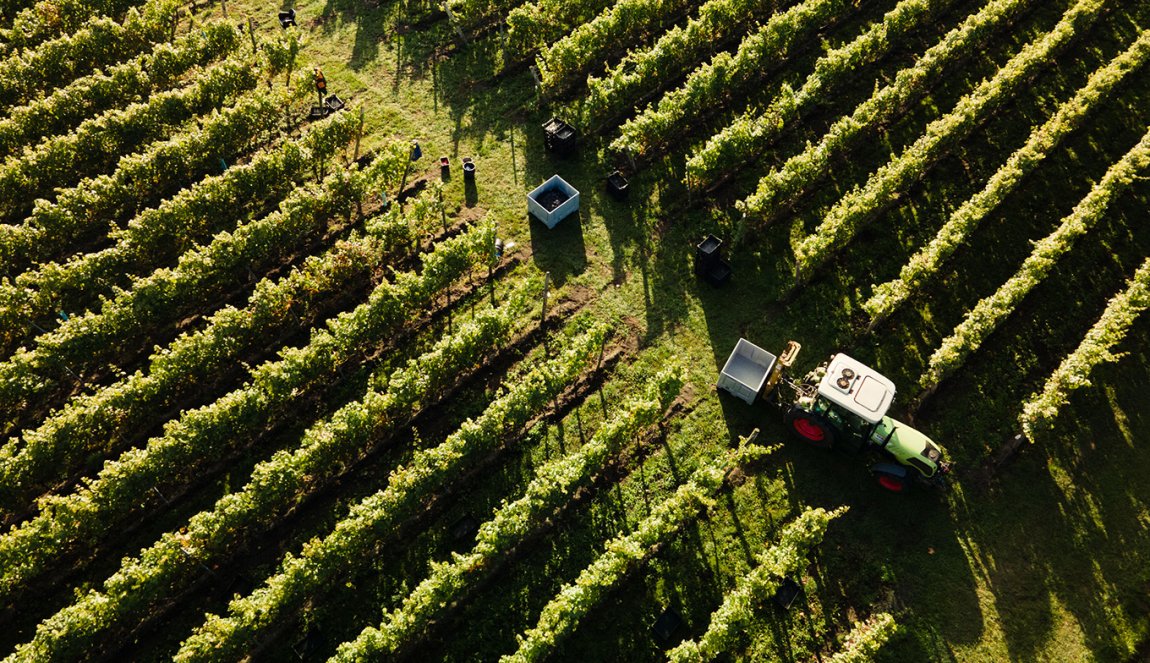
Wine lovers are not restricted to products from France or even further afield. The Netherlands has had its very own vineyards for a few years now, primarily in the Achterhoek region and the rest of the province of Gelderland. There are a variety of wine routes in the area where you can see the vineyards and sample their products. Just remember, don’t sample and drive.